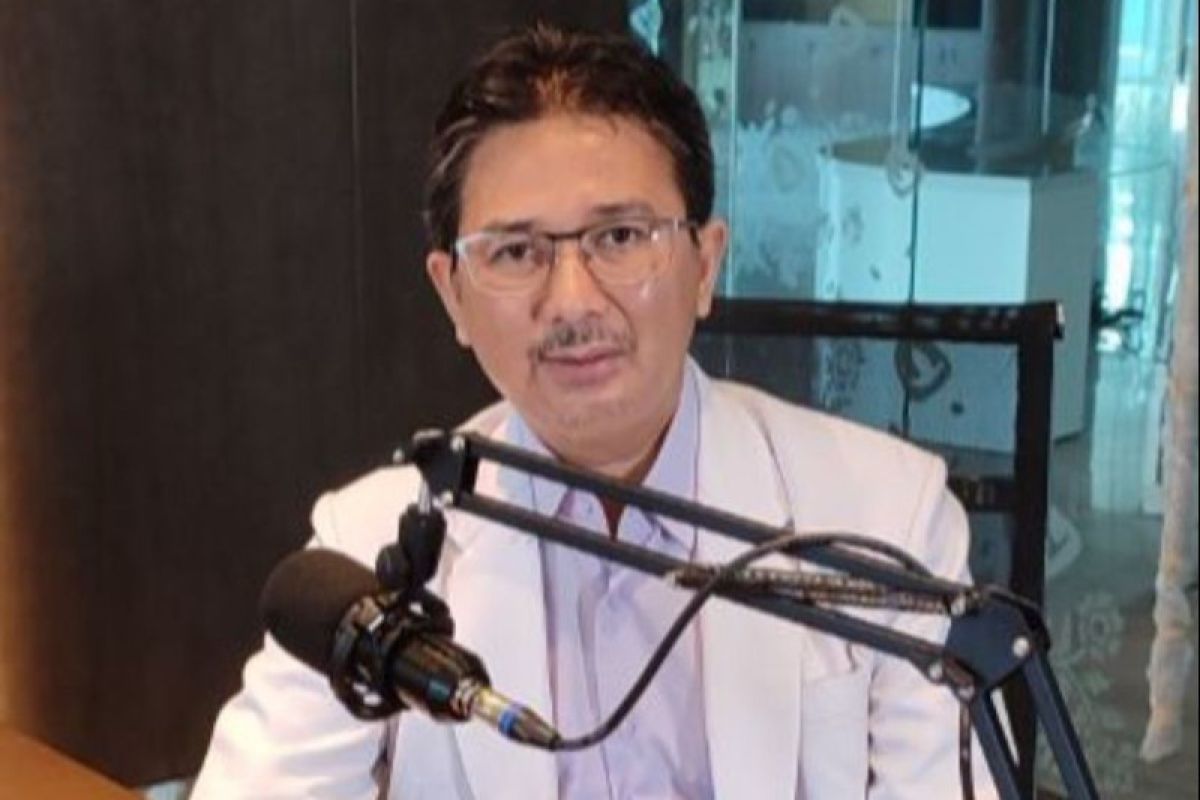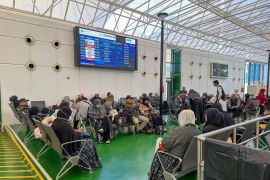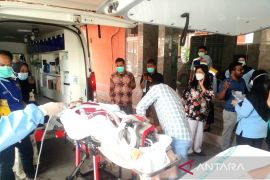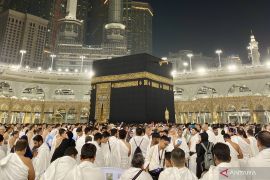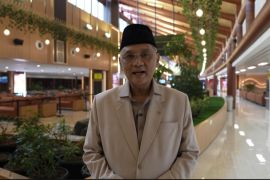"This is because currently, we are still in the midst of a pandemic, so Hajj pilgrims, both those who have arrived in Saudi Arabia and those who are still in the country (Indonesia) waiting for the departure schedule, are expected to always comply with the health protocols," he stated when contacted from here on Wednesday.
Susanto noted that Hajj pilgrims must continue to wear masks and wash their hands regularly.
He highlighted the importance of maintaining a healthy diet and getting adequate sleep in order to maintain good physical health throughout the pilgrimage.
In addition, he highlighted the need for Hajj pilgrims to drink water regularly to prevent dehydration amid the soaring temperatures in Saudi Arabia.
The pulmonologist reminded people with certain conditions to bring along their personal medicines.
"Those, who suffer from chronic diseases, need to ready (their) regular medicines, of course, according to the instructions from the doctors, who have been treating them," he remarked.
He also reminded Hajj pilgrims to recognize symptoms of diseases as early as possible, and if they are experiencing health problems, then they can immediately utilize the health services provided.
He appealed to elderly pilgrims to be more careful in conducting their activities, as they have a higher risk of falling or experiencing medical complications.
Related news: Hajj pilgrims can utilize government health services: ministry
"If needed, elderly Hajj pilgrims can be accompanied during their activities, and the most important aspect is to always pray to Allah to always be given health during the pilgrimage," he remarked.
This year, Saudi Arabia has allowed one million pilgrims from various countries to perform the Hajj pilgrimage. Indonesia has been allotted a quota of 100,051 pilgrims.
Although it has allowed foreign pilgrims to perform Hajj, Saudi Arabia has laid down two conditions for them this year. First, the pilgrims must not be older than 65 years and must have received a full dose of any COVID-19 vaccine approved by the Saudi Health Ministry.
Second, pilgrims traveling from abroad must have a certificate showing a negative PCR result, with the test taken no more than 72 hours prior to departure.
Related news: President, Saudi Minister discuss Hajj pilgrimage implementation
Translator: Wuryanti Puspitasari, Raka Adj
Editor: Rahmad Nasution
Copyright © ANTARA 2022
